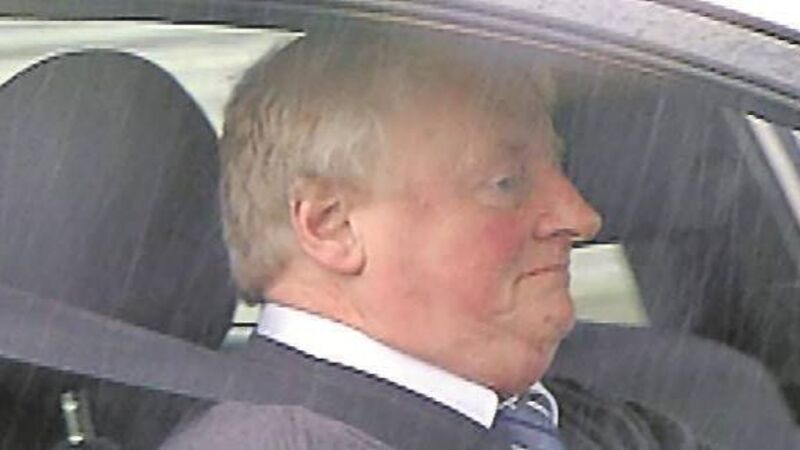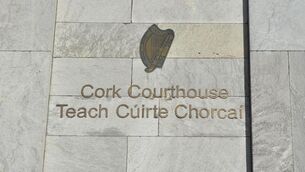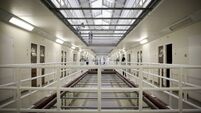Commission hears Bill Kenneally carried out 'ritualistic and sadistic' child abuse

Bill Kenneally is currently serving a 19-year sentence for the indecent assault of 15 boys in Waterford between the years 1979 and 1980.
The actions of convicted child abuser Bill Kenneally were “not run-of-the-mill child abuse” but rather were “bizarre, ritualistic, and sadistic” and indicative of psychopathy, a commission of investigation into the case has found.
The commission, overseen by former High Court Judge Michael White and which seeks to investigate the actions or inactions of State agencies in Waterford at the time the abuse perpetrated by Kenneally took place, was meeting in public for a second week in Dublin, with the whole day comprising expert testimony from child sexual abuse expert Kieran McGrath.











